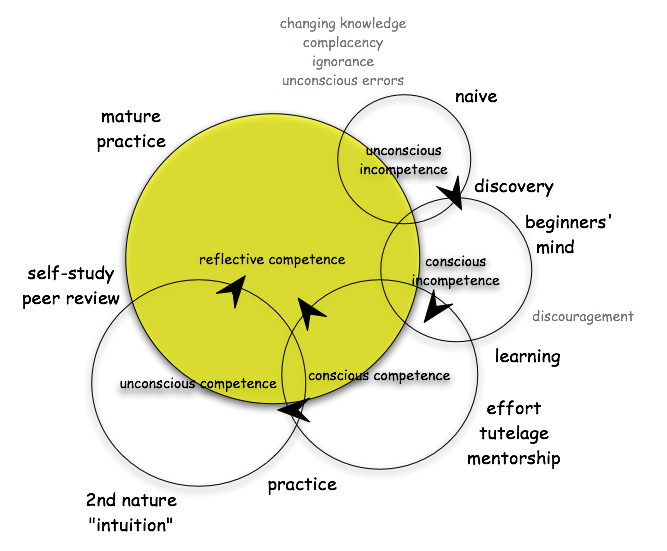
Two weeks back, one of my dad’s close friends passed away. He was suffering from dementia for 4-5 years. Over these 5 years, his wife took care of him. His wife is a person who showed endurance, empathy and above all resilience and there never was a moment, when, if you meet her, she showed her frustration or her emotional state to others.
I remember, as a teenager, when we used to go to her house, her house was spick and span and she used to balance her work and home life well. She maintained her house well, she brought up her daughter with elegance, etiquette and taught her to be courageous and respectful in her behavior. In the last five years, she showed tremendous endurance in the way she looked after her husband. His condition over the years worsened in that he completely stopped recognizing people and had many other health challenges. Through all this she never gave up and showed optimism and hope.
She has inspired me in who she is and some leadership insights that I have seen in her, over the years, I have shared below:-
Leaders are one who:
→1. Look for opportunities where others find nothing.
→2.Are solution focused, where others see a problem.
→3.Are willing to learn and be on a continuous development and growth path.
→4.Are not limited or put down by fear and doubts.
→5.Encourage others by asking powerful and relevant questions.
→6.Are realistically optimistic and are not involved in a negative vicious cycle.
→7.Think forward and find a way to maximize their potential.
→8.Make the best use of what they have, and their talent.
→9.Accept their circumstances and don’t engage in the blame game.
→10.Plan and are prepared to accept what life offers them and keep themselves engaged and busy.
→11.Reframe their communication by genuinely thinking from the other person’s perspective.
→12.Respect and are courteous even in adverse situations.
→13.Have the EI and they continue to do what is required of a situation. They do not stop and do not give up despite life throwing challenges at them.
→14.They give others a fine reputation to live up to.
→15.Realize that life is a bumpy ride and what is within their control is the attitude they take to each situation.
→16.Are proactive and are not reactive.
→17.Are good communicators and they continue to work at it.
→18.Step out of their comfort zone and travel the path less traveled.
→19.Know their core values and their actions and behaviors reflect their core values.
→20.Are self-aware and they know who they are. They do not derive pleasure or their own self-worth from whom they know or by putting others down.
→21.Inspire others to embrace change by adapting to change themselves and giving others reasons to do so.
→22.Are humble, generous and kind.
→23.Accept their mistakes first and call out to others mistakes indirectly.
→24.Are resilient and persistent.
→25.Are committed and walk their talk.
Life chose to give her a roller coaster ride and though it was her life partner whom she was looking after, she stood by him without complaining and without regret. Her relentless optimism and resilience has been inspiring and encouraging to follow. May his soul rest in peace and may the leader in her continue to inspire more lives whom she touches.
As a leader, you have the potential to inspire those around you to support and execute not only your vision but also create a legacy by enabling and helping them to live their potential.
Transitions in life creates challenges and many times takes you way out of your comfort zone. To get insights out of the transitions that you face, please connect with me.








